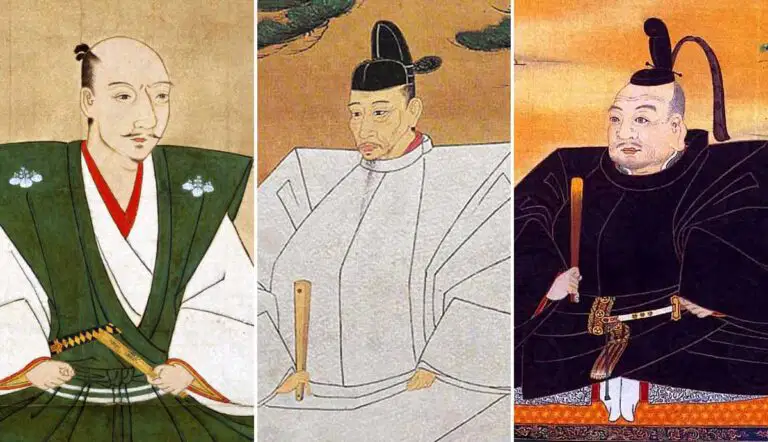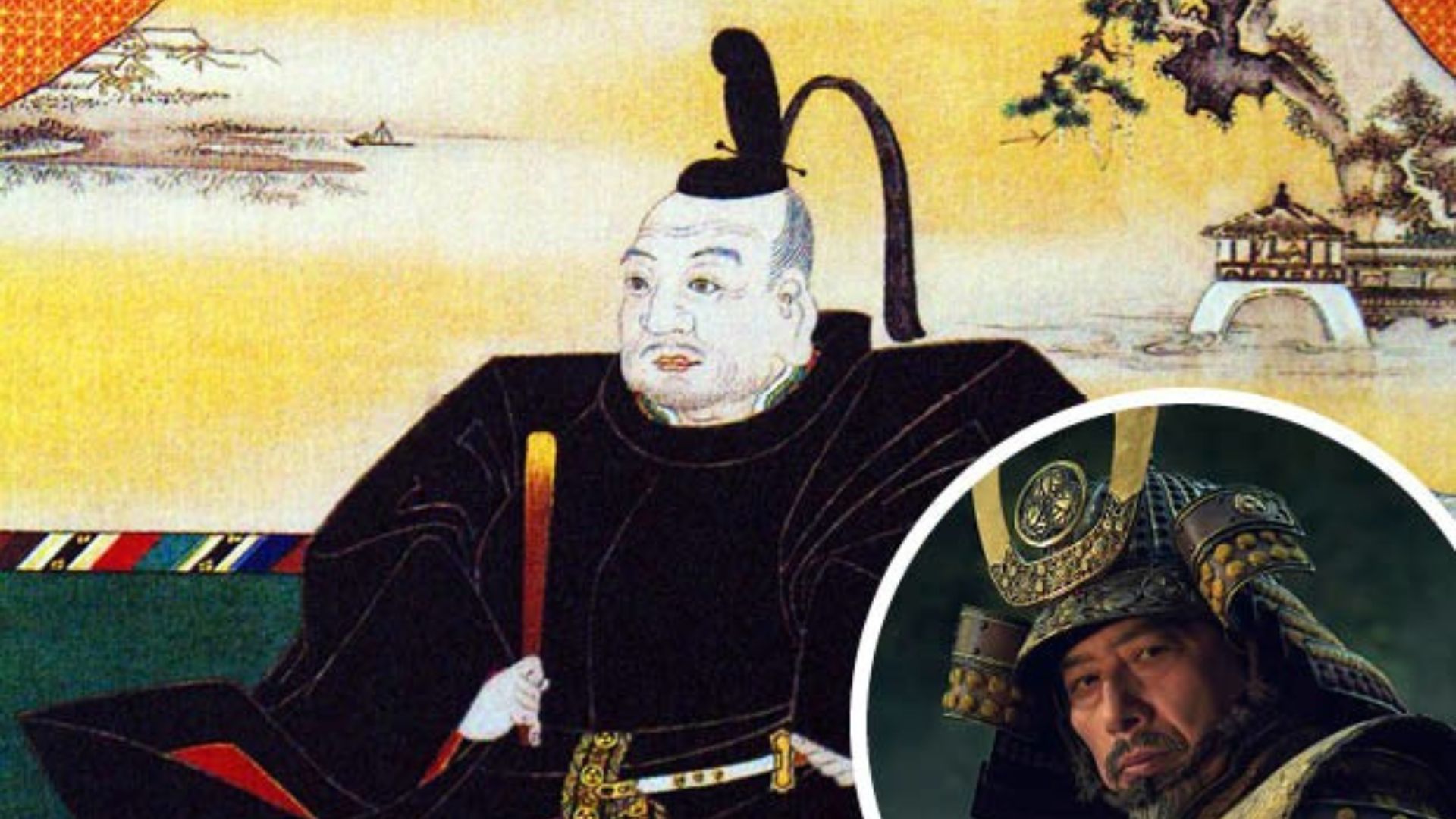Oda Nobunaga is a name synonymous with ambition, ruthlessness, and transformative change. As one of Japan’s most famous warlords, Nobunaga’s actions during the late 16th century left a lasting mark on the nation. His strategies, leadership, and vision helped to bring an end to the Sengoku period, a time of civil war and political fragmentation, and paved the way for the unification of Japan under a single ruler. Despite his controversial methods, Nobunaga is remembered for revolutionizing Japanese warfare and politics.
The Early Years of Oda Nobunaga
Oda Nobunaga was born in 1534 in Owari Province (modern-day Aichi Prefecture), into the powerful Oda clan. His early years were marked by a rebellious and unorthodox personality. Nobunaga’s father, Oda Nobuhide, was a well-regarded daimyo (feudal lord), but upon his father’s death in 1551, Nobunaga was faced with an unstable succession, as he was not the most obvious choice for leadership. His younger brothers and other family members saw Nobunaga as an unconventional and wild heir, which earned him the nickname “The Fool of Owari.”
Despite this early criticism, Nobunaga quickly proved himself as a capable leader. He managed to overcome internal family strife and, by 1559, secured full control over the Oda clan. He began to expand his power by employing both military force and strategic alliances.

Innovations in Warfare and the Use of Gunpowder
Nobunaga’s rise to prominence was not only due to his ruthlessness but also his innovative approach to warfare. He recognized the potential of gunpowder firearms, which were just beginning to be introduced into Japan. The Battle of Nagashino in 1575 became one of his most famous military achievements, where he used firearms to decisively defeat the Takeda clan, a dominant force in the region. Nobunaga’s disciplined use of matchlock rifles allowed his forces to break through the seemingly invincible Takeda cavalry, showcasing his tactical genius and willingness to embrace new technologies.
This victory, alongside his strategic brilliance, earned Nobunaga a reputation as a fierce and forward-thinking warlord, capable of adapting to modern warfare.
The Unification of Japan Under Nobunaga
Nobunaga’s ultimate goal was to unify Japan, which was fractured into numerous warring factions. To achieve this, he relied on a combination of military power, alliances, and diplomacy. His military campaigns were marked by precision, efficiency, and an unforgiving nature, as he sought to eliminate any threat to his ambition.
One of his most significant achievements in his path toward unification was the conquest of Kyoto in 1568, when he successfully installed Ashikaga Yoshiaki as the shogun, thereby gaining political legitimacy. However, Nobunaga quickly took control of the shogunate and was, in effect, the true ruler of Japan. His influence over Kyoto allowed him to extend his reach across the country, cementing his position as one of the leading figures in the nation’s political landscape.
His expansionist efforts were relentless. By 1573, he had driven out the Ashikaga shogunate and laid the foundation for the centralized power that would eventually unite Japan. He continued to crush rival clans, including the Mori and Ishida, further extending his dominion across Japan.
Nobunaga’s Ruthlessness and the Changing Landscape of Japan
While Nobunaga’s military genius is widely acknowledged, his methods were often seen as ruthless. He implemented policies that sought to break down the traditional power structures of feudal Japan, particularly targeting the influence of Buddhist monasteries and temples. One of the most notorious actions he took was the destruction of the Ise Shrine and the brutal suppression of the Ikkō-ikki, a group of militant Buddhist monks. His efforts to weaken the power of Buddhist institutions marked a dramatic shift in the power dynamics of Japan during his reign.
Nobunaga was also a proponent of economic reform. He introduced policies that supported commerce and trade, helping to build the foundation for Japan’s future prosperity. His Echizen silk production and encouragement of foreign trade played a significant role in reshaping the nation’s economy.
The Betrayal and Death of Oda Nobunaga
Despite his achievements, Nobunaga’s life came to a tragic and unexpected end in 1582. Nobunaga was betrayed by one of his most trusted generals, Akechi Mitsuhide, who led a coup against him while he was staying in the Honnō-ji Temple in Kyoto. Surrounded and outnumbered, Nobunaga was forced to commit seppuku (ritual suicide) in the face of betrayal.
Nobunaga’s death sent shockwaves throughout Japan. His sudden demise left a power vacuum that threatened to unravel his decades of work in unifying the country. However, his successors—Toyotomi Hideyoshi and Tokugawa Ieyasu—would ultimately carry out his vision, with Hideyoshi unifying Japan and Ieyasu establishing the Tokugawa shogunate.
Nobunaga’s Legacy
Oda Nobunaga’s legacy is complex. While his methods were often brutal, his impact on Japan cannot be overstated. He laid the groundwork for the unification of Japan, ushered in an era of significant military innovation, and dismantled long-standing power structures that had held the country back. His unyielding pursuit of dominance, along with his role in embracing new military technologies, left a permanent mark on Japan’s history.
Today, Oda Nobunaga is celebrated as a brilliant strategist and a transformative figure in Japanese history. Despite the often controversial nature of his actions, his efforts paved the way for the Tokugawa shogunate, which would rule Japan for over 250 years after his death.
Conclusion
Oda Nobunaga’s legacy as a ruthless warlord who changed the course of Japanese history is undeniable. His combination of military innovation, strategic brilliance, and uncompromising ambition helped bring about the unification of Japan during the Sengoku period. While his life ended in betrayal, his contributions to Japan’s political, military, and cultural landscape continue to shape the country to this day. Nobunaga’s story serves as a reminder of the immense power of vision and the unyielding drive to shape the future, no matter the cost.











